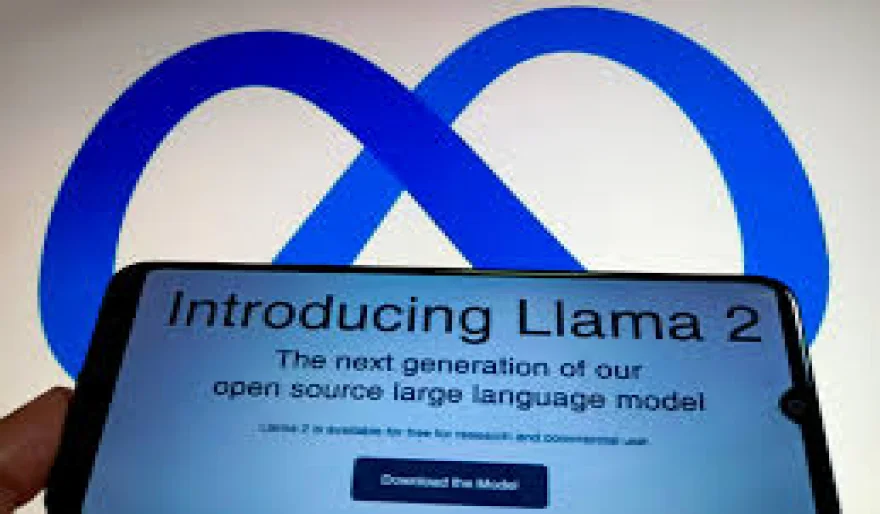Stay Ahead of the Curve
Latest AI news, expert analysis, bold opinions, and key trends — delivered to your inbox.
China Cloud Giants Embrace Openness: Alibaba and Baidu Integrate Meta's Llama 3
7 min read Chinese tech giants Alibaba and Baidu are embracing open-source innovation in the realm of artificial intelligence (AI). Both companies have announced the integration of Meta's newly unveiled Llama 3 model into their respective cloud platforms, Qianfan (Alibaba) and PaddlePaddle (Baidu). April 23, 2024 06:42
The winds of change are blowing in the realm of artificial intelligence (AI) as Chinese tech titans, Alibaba and Baidu, embrace open-source innovation. Both companies have announced the integration of Meta's recently unveiled Llama 3 model into their respective cloud platforms, Qianfan (Alibaba) and Paddle Paddle (Baidu).
Meta's Open-Source Powerhouse: Llama 3
Llama 3 is the latest iteration of Meta's series of open-source large language models (LLMs). These models are freely available for anyone to use and modify, fostering collaboration and rapid advancements in AI research. Meta boasts that Llama 3 is among the best open-source models available, offering capabilities in areas like:
- Text Generation: Imagine creating realistic and engaging marketing copy, crafting different writing styles, or even composing creative fiction – all with the help of Llama 3.
- Language Translation: Breaking down language barriers becomes easier with Llama 3's ability to translate between languages with high accuracy.
- Information Retrieval: Need to find specific details buried within a vast amount of text? Llama 3 can help you navigate and extract relevant information efficiently.
Why the Move by Alibaba and Baidu?
The decision by Alibaba and Baidu to integrate Llama 3 is significant for a few reasons:
- Openness to Innovation: This move highlights a growing openness to open-source AI technologies within China. Traditionally, Chinese tech companies have focused heavily on developing proprietary AI solutions.
- Enhanced Cloud Offerings: By offering access to a powerful open-source LLM like Llama 3, Alibaba and Baidu can significantly enhance their cloud platforms, attracting a wider range of developers and researchers seeking to leverage AI for their projects.
- Staying Competitive: The global AI landscape is fiercely competitive. Integrating cutting-edge models like Llama 3 allows Alibaba and Baidu to stay at the forefront of AI development.
Potential Benefits and Considerations
This integration presents exciting possibilities:
- Faster AI Adoption: Easier access to powerful AI models like Llama 3 can accelerate AI adoption across various industries in China.
- Boosted Innovation: A larger pool of developers working with Llama 3 can lead to the creation of innovative AI-powered applications and solutions.
However, some considerations remain:
- Security Concerns: Open-source models raise potential security vulnerabilities. Alibaba and Baidu will need to ensure proper security measures are in place.
- Technical Expertise: While user-friendly, utilizing the full potential of Llama 3 might require some level of technical expertise. Training programs and support might be necessary.
A New Era of Collaboration?
The integration of Llama 3 by Alibaba and Baidu signifies a potential shift towards more open collaboration in the Chinese AI landscape. This, coupled with Meta's open-source approach, could foster a global environment of accelerated AI innovation for the benefit of all. Whether this signals a long-term trend or a strategic maneuver remains to be seen, but one thing's for sure: the future of AI is becoming increasingly collaborative and open.



















 AI Agents
AI Agents